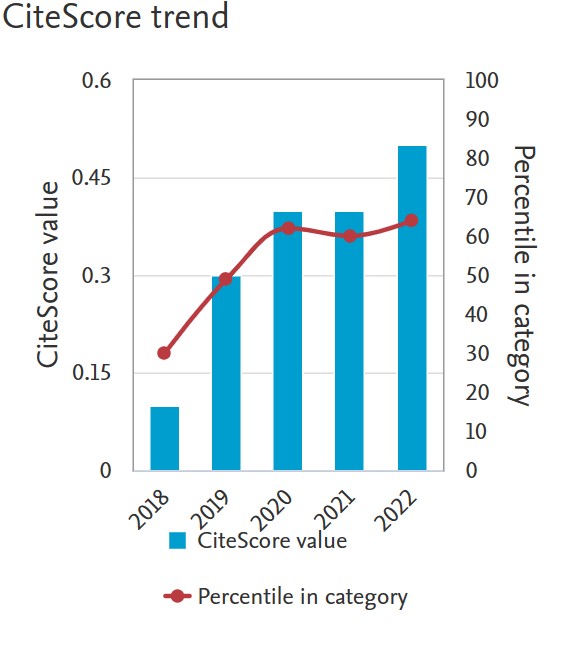The Historical Context of the Emergence of Conditional Theatre in Mayerhold's Work and Its Impacts on Bertold Brecht's Epic Theater
(A new reading in the comparison between the creations of Meyerhold and Brecht)
Abstract
This study examines Meyerhold's innovative endeavours in designing theatrical settings to align with his conditional approach to theatre, known as the Conditional Theatre, which diverges from the realistic style of theatre. The objective of this theatre is to stimulate the audience's imagination and engagement in the theatrical performance presented before them rather than replicating nature, whether in the visual scene design or acting performance. Despite Meyerhold's pioneering contributions to developing innovative scenic ideas that transformed the theatre's form, Bertolt Brecht's theatre gained international recognition, which needed to be more attainable for Meyerhold due to unavoidable circumstances explored in this study. The study emphasises the need to investigate the relationship between these two pioneers, including the possibility of direct influence and any presumed links between them. Although available documents have been reviewed, evidence has not been found to establish a recorded or communicated relationship between them
Downloads
References
Chekhov, M., & Powers, M. (2013). To the actor: On the technique of
acting. Routledge. HexoB, M. A. O TexmiKe aKTepa. Directmedia.
Eaton, K. R. B. (1985).The Theatre of Meyerhold and Brecht
(Contributions in Drama and Theatre Studies). Praeger.3. Law, A.
H., & Gordon, M. (1996). Meyerhold, Eisenstein, and Biomechanics:
Actor Training in Revolutionary Russia. McFarland.obinson, Douglas. (2008). Estrangement and the Somatics of Literature:
Tolstoy, Shklovsky, Brecht. Baltimore and London: Johns Hopkins
University Press.
Stanislavski, K. S. (1954). My Life in Art, Vol. 1. Sobranie Sochinenii, 1-
CTaHKCTiaBCKuii, K. (1954). Mom x
[D/ieKTpoHHbiif pecypc].KC CraHncjiaBCKjm: co6p. con. b bocbmh
TOMax. M, 1.
Stanislavski, K. S. (1954). My Life in Art, Vol. 5. Sobranie Sochinenii, 1-
CTamfCMaBCKnii, K. (1954). CraTbM. Penn. 3aMeTKn. /Jhcbhukii.
BocnoMUHannM. (1877-1917). KC CTaHncnaBCKnii: co6p. con. b
BOCbMn TOMax. M, 5.
Zakhava. B. E. (2008).The Art of Actor and director. 3axaBa, B. E.
(2008). MacTepCTBO aKTepa w pexcwccepa. EHTI4C.
c MeiiepxoTibflOM, B. (1967). C6opHWK BOcnoMKHamiii/MA Ba-7ieHTenH,
HA MapKOB, Bld PocroijKim [n ap.]; pe/j.-cocr. JIJI
BeH^poBCKaM. MocKBa: BTO.
Downloads
Published
Issue
Section
License
You are free to:
- Share — copy and redistribute the material in any medium or format for any purpose, even commercially.
- Adapt — remix, transform, and build upon the material for any purpose, even commercially.
- The licensor cannot revoke these freedoms as long as you follow the license terms.
Under the following terms:
- Attribution — You must give appropriate credit , provide a link to the license, and indicate if changes were made . You may do so in any reasonable manner, but not in any way that suggests the licensor endorses you or your use.
- No additional restrictions — You may not apply legal terms or technological measures that legally restrict others from doing anything the license permits.
Notices:
You do not have to comply with the license for elements of the material in the public domain or where your use is permitted by an applicable exception or limitation .
No warranties are given. The license may not give you all of the permissions necessary for your intended use. For example, other rights such as publicity, privacy, or moral rights may limit how you use the material.











